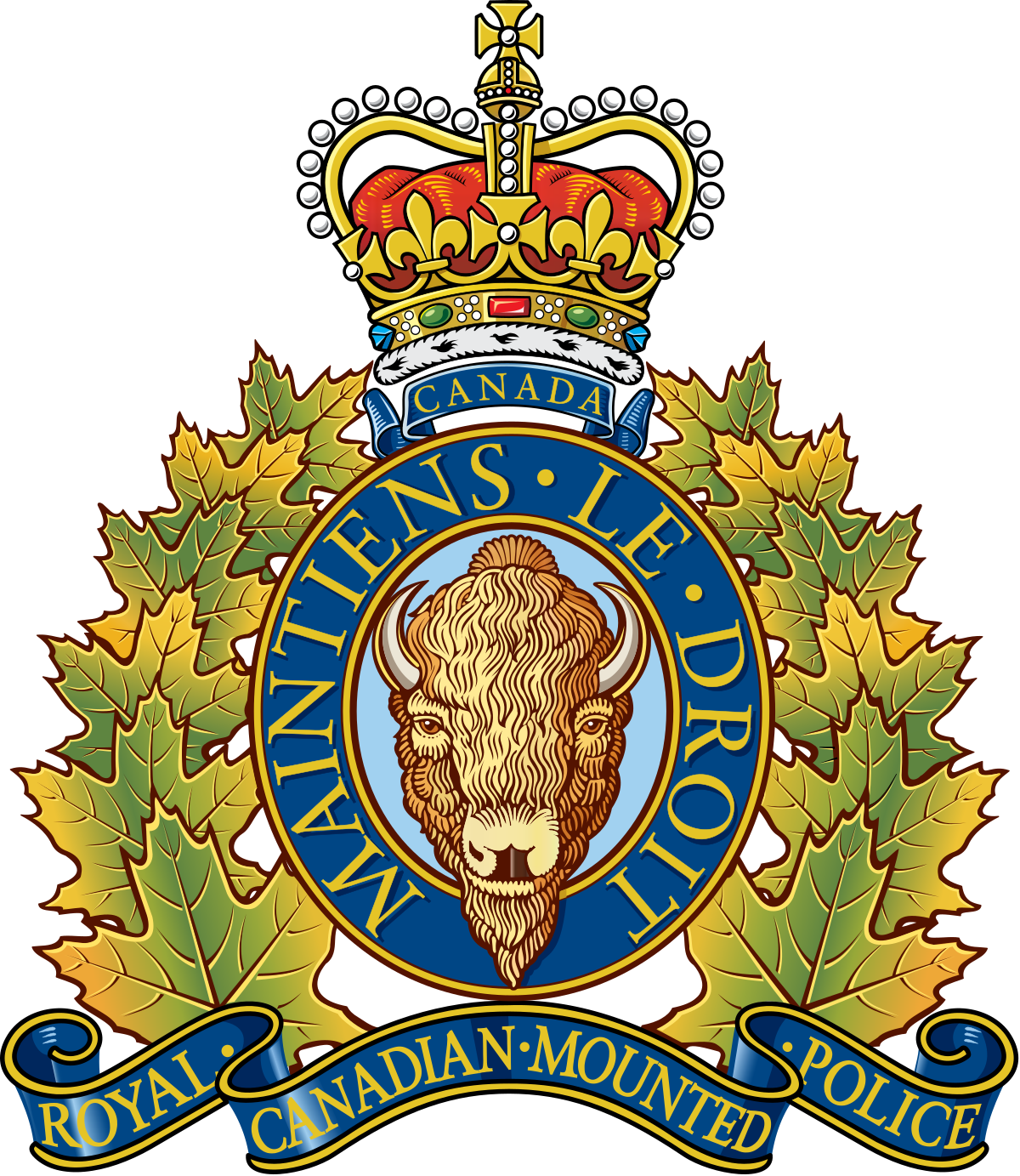
Getting your first co-op job poses challenges, especially if you’ve only flipped burgers or sold shoes. However, with the transferable skills I’ve obtained in class, volunteering, and at my part-time jobs, I was able to pursue the opportunity to work in the Centralized Transcription Unit at the RCMP. It’s been an experience like none other. Just as my employers and co-op advisors told me, it was a steep learning curve. In this article, I’d like to expand on what I learned as a first-time public servant.
A Different Hiring Process
Most of my interviews for my retail positions were pretty straightforward. The questions ranged from “When can you start?” to “What’s your availability?” I never really had to prepare much or dress up for those types of interviews. However, my interview with the RCMP was different. The RCMP’s hiring process is very thorough and objective as they want to hire the best candidate. For a private company, the interviewer might ask you to clarify your answers and ask questions specific to your experience. It could be structured as more of conversation than an interview. For the RCMP, the questions are standard for each candidate. There are no additional or follow up questions. The interview was separated into an oral and written portion. The oral sections contained questions about the organization, the unit, and standard behavioural interview questions. All of my answers were written down and then marked for a score. Then, I answered written questions within a specified time frame. The candidate with the highest cumulative score moves on to the next portion of the hiring process, which is obtaining a security clearance. Security clearance involved an additional interview and paperwork that all public servants must complete. Once the security clearance has gone through then it’s time to get to work!
Shift Work
The Centralized Transcription Unit is a 24/7 service. The unit operates on a rotation schedule of days, afternoons, and night shifts. Shift work involves learning how to adjust your sleeping schedule, routines, and social life. The shift rotations involve 4 days off, 4 days on. Each work day is 11.25 hours long. This is quite the adjustment for someone who might be accustomed to working the standard 9-5. I definitely learned how to manage working long hours at any time of the day and not to over-indulge on coffee. Some tips I could give students for adjusting to shift work is to buy an eye mask and ear plugs, and to spend a lot of time resting. Shift work is not for everyone, but this co-op is beneficial for students who want to pursue careers involving shift work, such as policing.
A New Environment
With retail jobs, you’re always on your feet running around helping customers. With the RCMP, I got to learn the dynamics of an office environment. For example, the dress code is business casual during standard work hours. Therefore, I learned how to dress professionally and appropriately for office environments, which is useful knowledge for future positions. A component of our job was to communicate and offer client support to police officers, which requires a high standard of professionalism. Developing your own professional phone and e-mail etiquette is a mandatory component for almost all jobs. I also learned how to work in a different team dynamic than I’m used to. I gained a lot transferable knowledge during my co-op that will help me succeed further within my career.
The Government

We all learn about the government in school but we never really learn about the complexities of the government until we work for it. I held a misconception that employees of the RCMP were really only police officers. Now that I have some experience within an RCMP unit, I’ve learned how diverse the organization is. The RCMP Headquarters is huge! Simply walking down the halls will give you an idea of all the units within the RCMP. Headquarters is a federal branch of the RCMP. Many municipalities have RCMP detachments that also provide an array of services that are unique to detachments. Also, the people you meet come from an array of backgrounds. You can learn a lot about the branches of the government simply by asking people about their career history. By showing an interest in others, you can learn a lot about opportunities that could be available to you. The government consists of almost any field you can think of. There’s a possibility to network with people from any field you're interested in. In today’s day and age, networking has become a huge component of career growth. Education is important, but it doesn’t hurt to also have some connections in industries you’re interested in working for. The RCMP is so diverse. Everything from health and safety to accounting, it’s almost like there could be a career here for everyone.
Beyond the Blog
-
For more opportunities like Danika's, visit the FASS co-op page!














